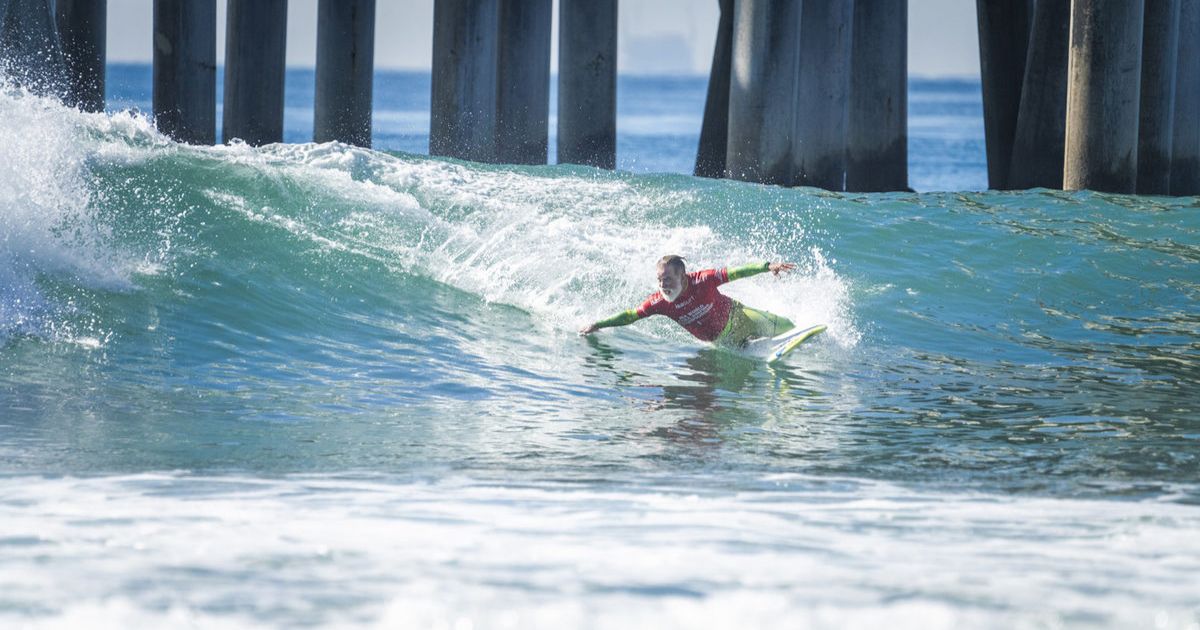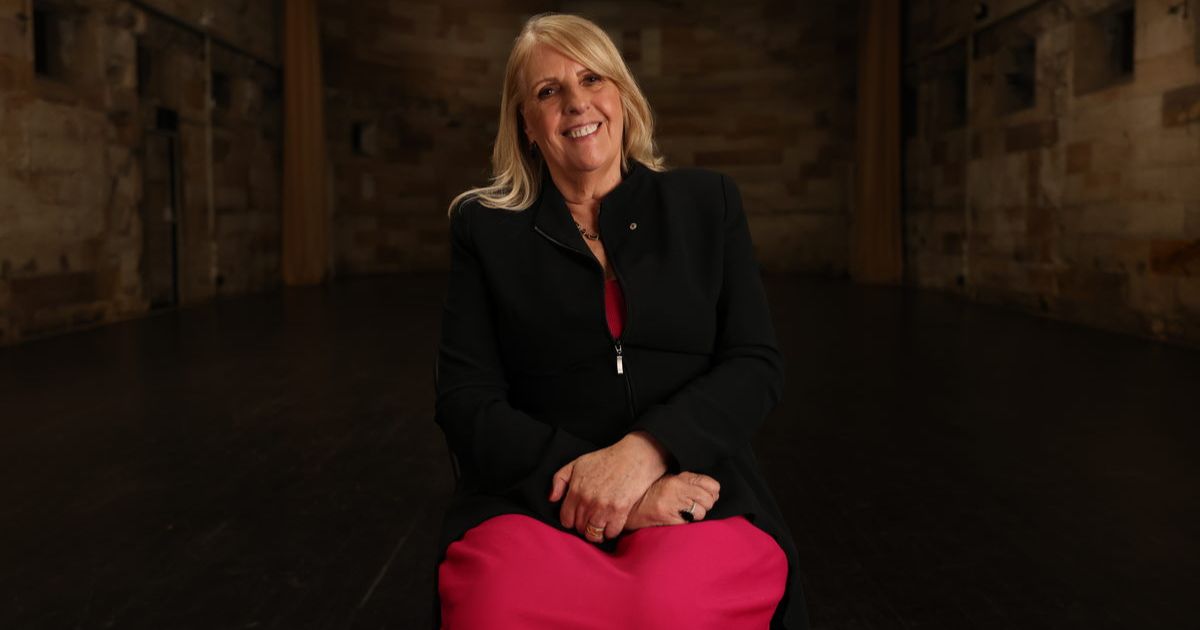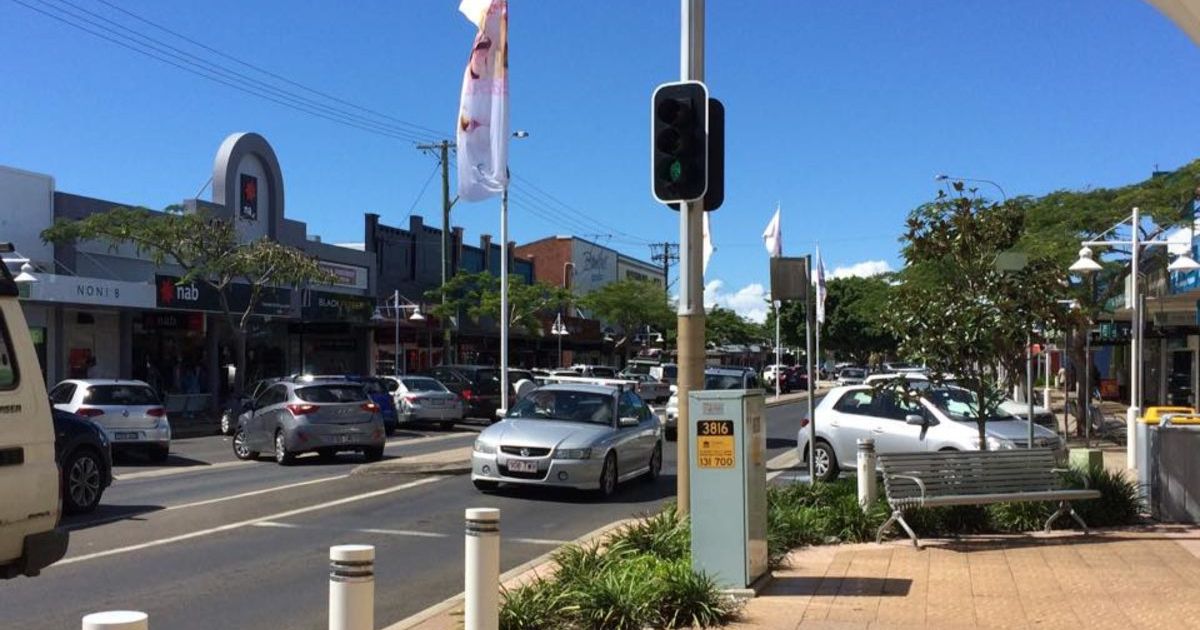Sea turtle record rescue
HUNDREDS of baby sea turtles have been released following the largest egg rescue operation in NSW history, carried out just before ex-Tropical Cyclone Alfred hit the coast.
Staff and volunteers from NSW National Parks and Wildlife Service (NPWS) and NSW TurtleWatch undertook the state’s largest-ever relocation of turtle eggs from nine beaches from Tweed Heads to Port Macquarie to save nests before giant waves inundated them.
More than 1,000 eggs from nine endangered loggerhead turtle nests were relocated into nine incubators, including seven 45-litre eskies fitted with sand, heat pads, thermostats, and temperature monitors.
NSW TurtleWatch Project Officer Merryn Dunleavy said more than 300 hours were spent on the beach monitoring, rescuing and relocating the eggs.
“Our team worked around the clock in heavy rain, waves and wild and windy conditions to ensure these nests could be relocated to safety,” Dunleavy said.
“Each of our nests is very loved by our local communities, so it was great to confirm to them that the nests had been rescued and will now have a chance at survival.
“For our rescued nests that have already hatched, we have seen hatching success rates between 85 and 96 per cent.”
The delicate operation ensured the eggs maintained their vertical orientation during transport, and the incubators remained at 26.5 degrees.
After ten days, the first eggs hatched, and 317 turtle hatchlings were successfully released at North Kingscliff and Seven Mile beaches.
This week, 51 turtle hatchlings were released at North Haven Beach, 19 days after being rescued. Another 121 hatchlings were released at Fingal Head Beach.
A clutch at Casuarina Beach was rescued in situ, and hatchlings were released that same day.
The pre-cyclone rapid rescue operation was the largest on record in NSW in terms of nests and eggs rescued, incubators, and the spread of beaches.
Over the summer, turtles were collected by wildlife organisations, including FAWNA, WIRES, and NPWS, and taken to licensed wildlife rehabilitation organisations such as Australian Seabird and Turtle Rescue, Byron Bay Wildlife Hospital, Irukandji at Port Stephens, and Coffs Coast Wildlife Sanctuary.
NSW Minister for the Environment, Penny Sharpe, thanked the region’s citizen scientists, the rapid response team and the wildlife rehabilitators who cared for and released the baby turtles.
“It takes a community to care for and protect these vulnerable animals, and the community has delivered,” Sharpe said.



















